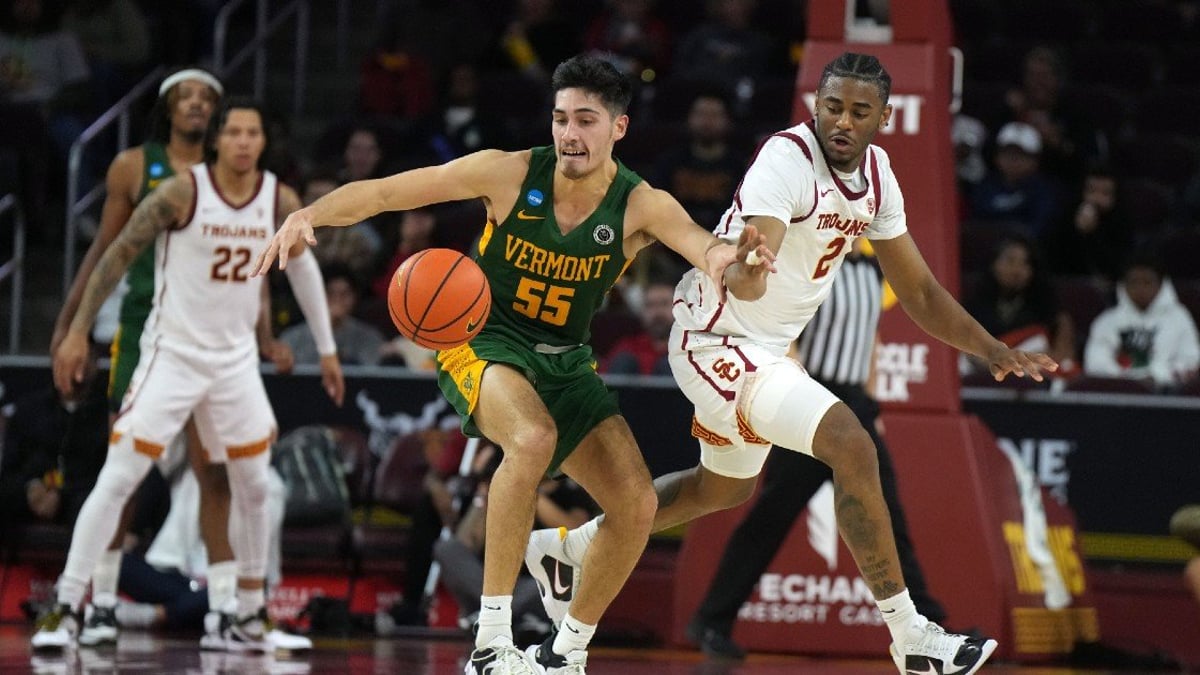Vermont Sports Betting Committee Recommends the RI or NH Model

The Vermont legislature commissioned a sports betting study in 2021. The Vermont Sports Betting Study Committee submitted its findings on Dec. 13, laying out the state’s potential paths to legal sports betting.
The four models the committee looked at are:
- Many operators, low tax rate.
- Many operators, high tax rate.
- Few operators, low tax rate.
- Few operators, high tax rate.
According to the report, Vermont would generate between $640,000 and $4.8 million in Year 1 and between $1.4 million and $10.3 million in Year 2. However, the high-end estimates are in a market with many operators and a high tax rate, which the report considers unsustainable in Vermont.
Per the report:
“The ultimate structure of a legal sports betting market in Vermont is the decision of the Legislature. It is worth noting, however, that Vermont’s betting market might make one model more feasible than another. JFO’s conversations with stakeholders revealed Vermont’s relatively small population could not sustain both a high tax rate and many operators like Pennsylvania or New York. The operators would be unable to generate a worthwhile after-tax profit in such an environment.”
What Model does the Report Recommend?
The report is nearly 200 pages, but two states are propped up as the go-to model for Vermont. “If the goal of the Legislature is to maximize State revenues given Vermont’s market, the New Hampshire or Rhode Island model appears to be most instructive,” the report concludes.
The report mentions both states throughout, pointing out positive aspects of the two markets.
One policy highlighted is the bidding process that brings in the best operators and the best contract for the state. Per the report, “New Hampshire and Rhode Island have one and two operators, respectively, but they are well-known operators who offer promotions, competitive betting lines, and mobile betting.”
Another policy mentioned is to consider competitive lines in the bidding process to ensure the high tax rate doesn’t negatively impact the market. As the report states, “In high-tax rate states like New Hampshire and Rhode Island, though there are only one or two operators, they generally offer competitive betting lines for consumers because the operators are reputable national firms and the agreement with the state requires lines to be nationally competitive.”
The Vermont legislative session begins in early January and ends in May.










